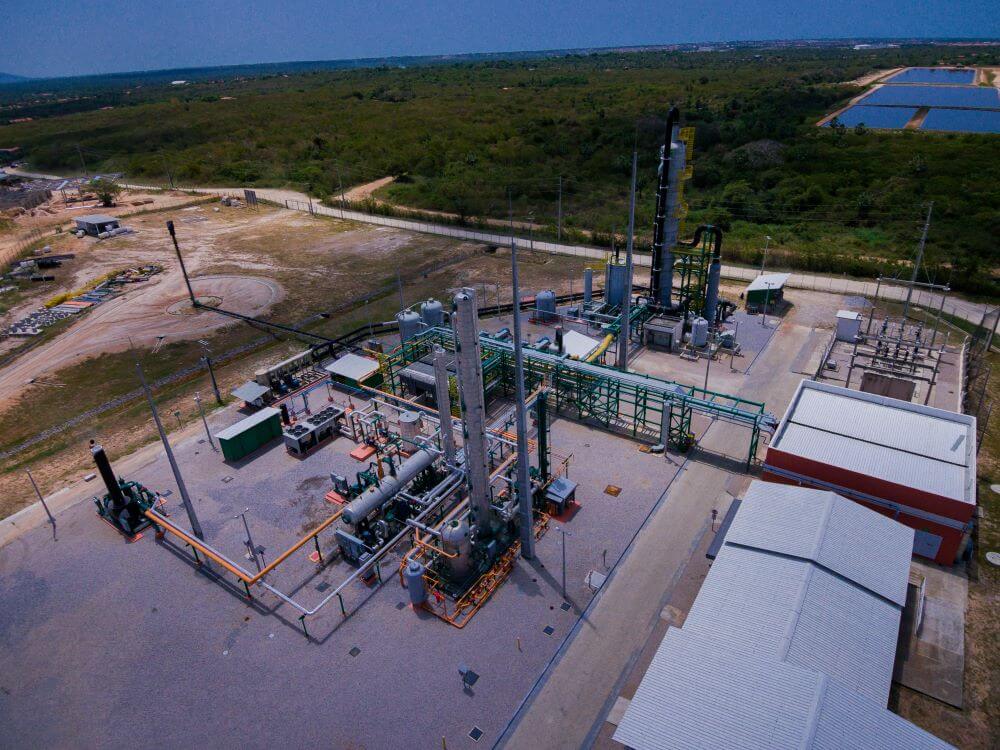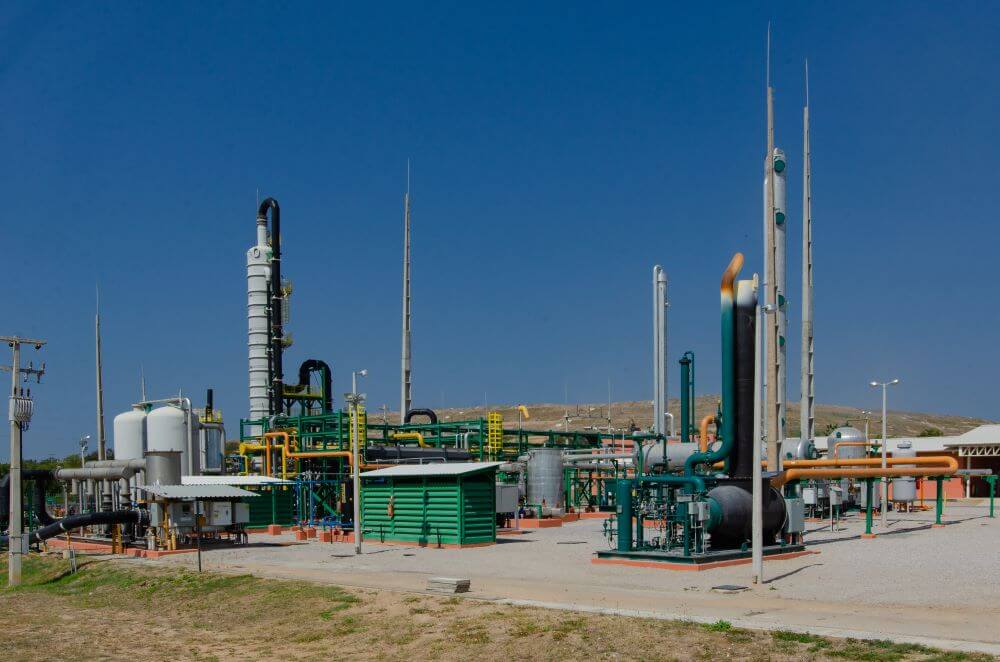Gaziantep Landfill Gas Project

Introduction
The Gaziantep Landfill Gas Project is a leading example of how modern waste management can deliver both climate and community benefits in Turkey. By capturing methane from municipal solid waste and converting it into electricity, the project helps reduce greenhouse gas emissions, supports the local economy, and advances sustainable urban development. As Gaziantep grows rapidly, this initiative is proving essential for both environmental protection and energy resilience.
Table of Contents
Project Overview
Located at the city’s main landfill, the Gaziantep Landfill Gas Project collects methane-rich landfill gas—a potent greenhouse gas—from decomposing waste and uses it to generate electricity. Developed by CEV Enerji and operational since 2009, the facility features five GE Jenbacher engines with a total installed capacity of 5.6 MW. The project is part of a broader effort to modernize Gaziantep’s waste management, supported by international partners and the United Nations Development Programme (UNDP).
The landfill gas is collected through a network of wells and pipes, then purified and combusted in engines to produce renewable electricity. This process not only prevents methane from escaping into the atmosphere but also displaces fossil fuel-based power generation, reducing the city’s overall carbon footprint.

Environmental and Climate Impact
Methane Capture and Emission Reductions
Methane is over 25 times more potent than carbon dioxide as a greenhouse gas. By capturing and utilizing landfill gas, the Gaziantep project prevents thousands of tonnes of methane from entering the atmosphere each year. The facility is designed to reduce greenhouse gas emissions by over 9,000 tonnes of CO₂ equivalent annually, making a measurable contribution to Turkey’s climate goals.
Clean Energy Generation
The electricity generated from landfill gas is supplied to the local grid, providing enough power for thousands of homes. This renewable energy source reduces reliance on coal and other fossil fuels, supporting Turkey’s transition to a cleaner energy mix. The project also produces valuable byproducts, including recyclables and refuse-derived fuel (RDF), further enhancing resource efficiency.
Economic and Social Benefits
Local Job Creation
The construction and ongoing operation of the landfill gas facility have created skilled jobs in engineering, plant management, and environmental monitoring. These opportunities support local economic growth and foster expertise in advanced waste management and renewable energy technologies.
Community Health and Safety
By capturing landfill gas, the project reduces odors, fire risks, and explosion hazards at the landfill site. Improved waste management and reduced methane emissions contribute to better air quality and a safer environment for Gaziantep’s residents.
Supporting Urban Growth
Gaziantep is one of Turkey’s fastest-growing cities and hosts a large population of Syrian refugees. The landfill gas project supports the city’s resilience by extending the landfill’s operational life, reducing waste volumes, and generating revenue for municipal services.
Technology, Innovation, and Partnerships
The Gaziantep Landfill Gas Project is part of a broader mechanical-biological treatment (MBT) facility, one of the largest of its kind in Turkey. The MBT plant processes 100,000 tonnes of mixed municipal waste annually, producing 17,000 tonnes of recyclables, 23,000 tonnes of RDF, and 4,100 MWh of energy from biodegradable waste. The project is a showcase for how technology, environmental management, and economic considerations can work together for sustainable urban development.
International collaboration has been key to the project’s success, with financing and technical support from South Korea’s NH Bank, UNDP, the European Union, and local partners. The facility is registered for carbon credits, ensuring transparency and third-party verification of its emission reductions.
Broader Context: Landfill Gas Projects in Turkey
Turkey has rapidly expanded its landfill gas utilization capacity, with over 20 similar projects now operational nationwide. These initiatives are supported by favorable policies, such as feed-in tariffs for renewable energy and national waste management strategies. The Gaziantep project is among the country’s leading examples, demonstrating how cities can turn an environmental liability into a valuable energy resource.
Conclusion
The Gaziantep Landfill Gas Project exemplifies the potential of innovative waste management to deliver climate, energy, and community benefits. By turning landfill methane into clean electricity, the project reduces greenhouse gas emissions, supports local development, and sets a benchmark for sustainable cities in Turkey and beyond.
Verified Project: Certified under the Gold Standard for Global Goals. View it on Gold Standard Registry.
Impact Fact: By capturing methane, the project generates clean electricity for around 15,000 local households.
Author’s Note: Your offsets through Coffset help transform waste management while delivering real climate benefits.
Take action today, calculate your emissions using Coffset’s carbon footprint calculator and contribute to projects that make a real difference!
References:
https://www.cnaught.com/projects
https://www.undp.org/turkiye/news/gaziantep-waste-turns-electricity-greenhouse-gas-emission-declines
https://carbon.credit/assetDetails?assetId=21&tokenId=0
https://www.intercon-tr.com/eng/our-projects/gaziantep-landfill-gas-power-generation-project/
https://www.renergon-biogas.com/en/portfolio-items/gaziantep-tuerkei/
https://www.globalmethane.org/forum/presentations/biogas/countryupdates/Turkey_Update.pdf
https://carbonfootprint.com/gs_turkey_lfg_707.html
https://www.tandfonline.com/doi/full/10.1080/10962247.2015.1036178